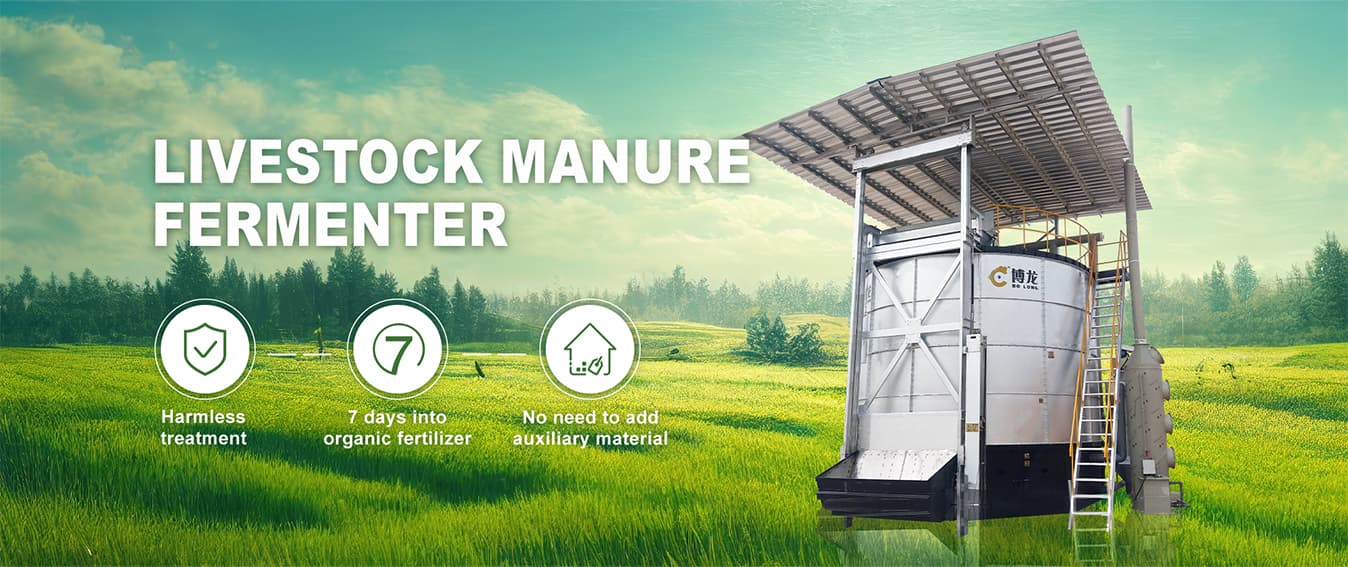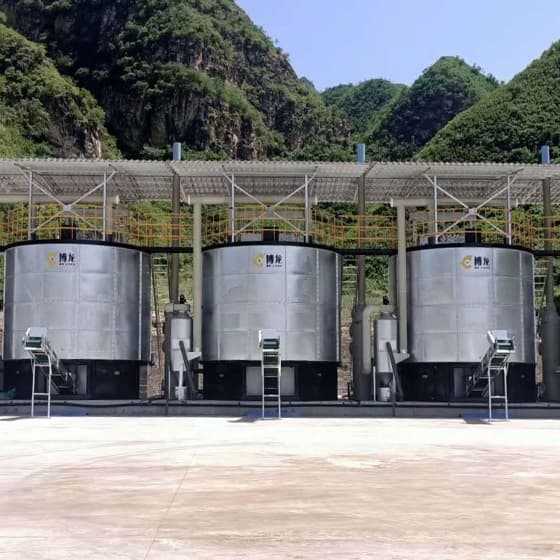In the poultry industry, where managing the voluminous amounts of manure generated is a persistent challenge, the emergence of high-temperature aerobic fermentation tanks has presented a game-changing solution. This innovative technology not only transforms poultry waste into a valuable resource but also aligns with the growing demand for sustainable and eco-friendly farming practices.

Unlike traditional manure management methods, high-temperature aerobic fermentation tanks utilize a unique approach that harnesses the power of natural microbial processes. By maintaining optimal oxygen levels and elevated temperatures within the tanks, the organic matter in poultry manure undergoes a rapid and efficient decomposition. This process not only reduces the overall volume of the waste but also transforms the inherent nutrients into highly bioavailable forms, creating a nutrient-rich digestate that can be applied directly to croplands as a natural fertilizer.
The benefits of incorporating high-temperature aerobic fermentation tanks into poultry farming operations are multifaceted. The resulting digestate, rich in nitrogen, phosphorus, and potassium, can significantly enhance soil fertility and boost crop yields, reducing the need for synthetic fertilizers. Additionally, the process generates minimal odor, mitigating environmental concerns and enhancing the quality of life for both farmers and surrounding communities.

Poultry farmers who embrace this cutting-edge technology are poised to reap a wealth of rewards. By seamlessly integrating high-temperature aerobic fermentation tanks into their operations, they can streamline their waste management practices, improve nutrient recycling, and contribute to a more sustainable future for the poultry industry. As the demand for eco-friendly agricultural solutions continues to grow, the adoption of this innovative technology will undoubtedly play a pivotal role in shaping the industry’s path forward.